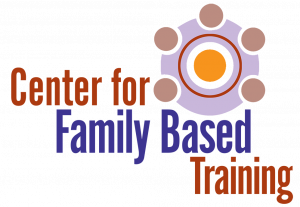1.5 Hours CE
Power is a highly misunderstood and loaded word, but one highly relevant to the therapeutic relationship. A power differential is always present in the therapeutic relationship, and can be used effectively, ineffectively, or even abused. The ‘right’ use of power in the therapeutic relationship involves developing an awareness of the power differential, the implications for clients and families served, and a thoughtful application of our ethical codes. This course, comprised of five brief webinars, challenges clinicians to rethink the definition of power and dispel myths and biases around the word that can hinder the ethical, right use of power in therapy.
- Teacher: Hailey Okamoto
Therapists who practice in the home and community face unique ethical challenges related to professional boundaries, dual roles, and confidentiality. Unlike office settings, which are designed to maximize privacy, therapists working in the home are often at the mercy of happenstance encounters, such as family members or neighbors who may walk into a session unannounced. It is much more difficult to protect sensitive and confidential information, yet therapists are ethically obligated to do so. This course provides guidance on anticipating and navigating ethical challenges in home and community-based services involving confidentiality, dual roles, and boundary crossings. A goal of this course is to ground therapists' decision-making process in the ethical codes established by all the major professional associations, such as NSW, ACA, and AMFT.
3.0 Hours CE
- Teacher: Daniel Gilmore
